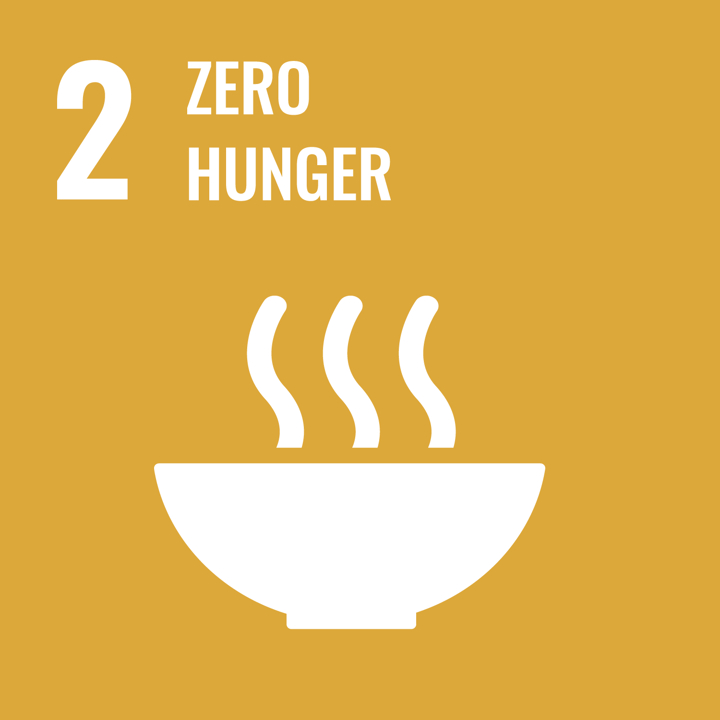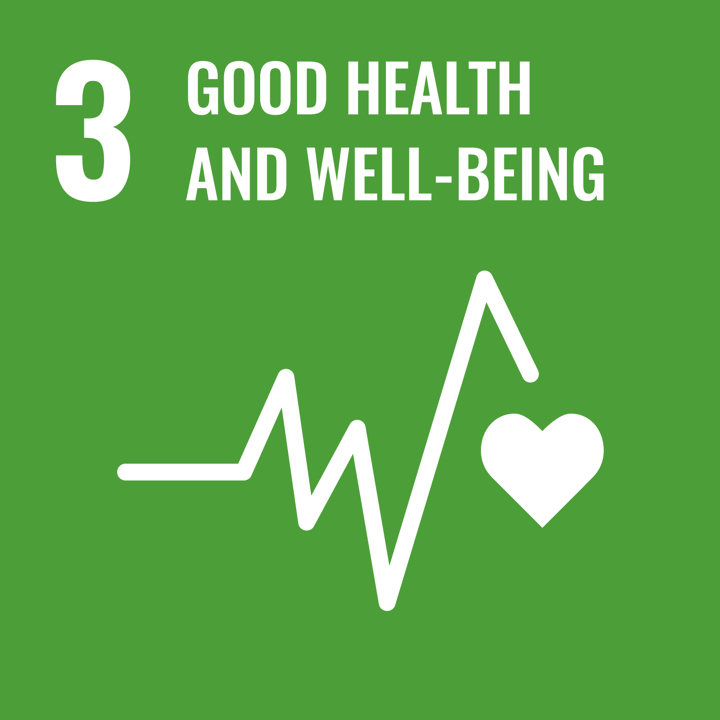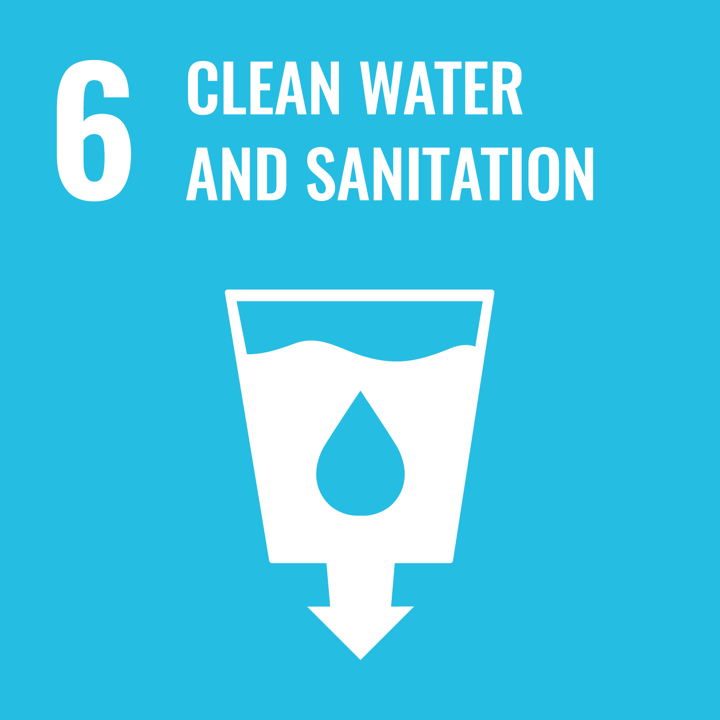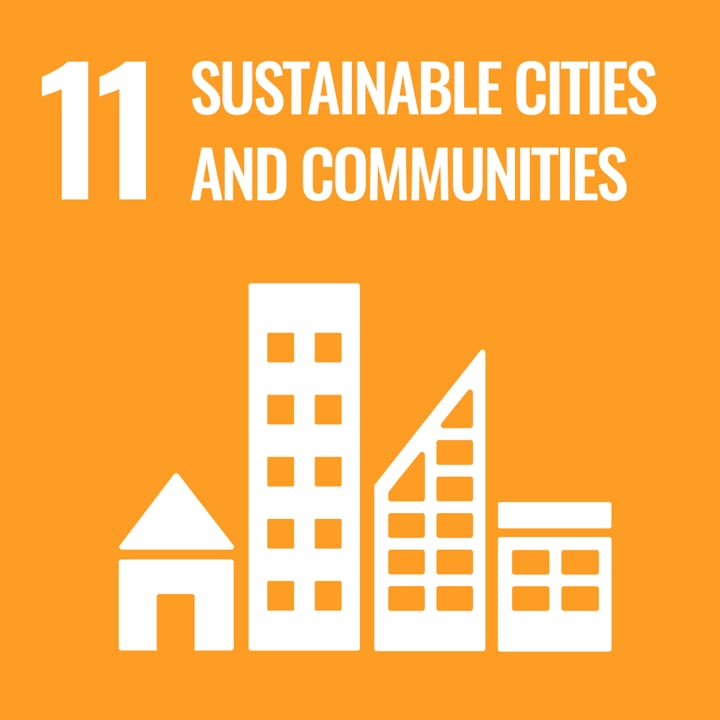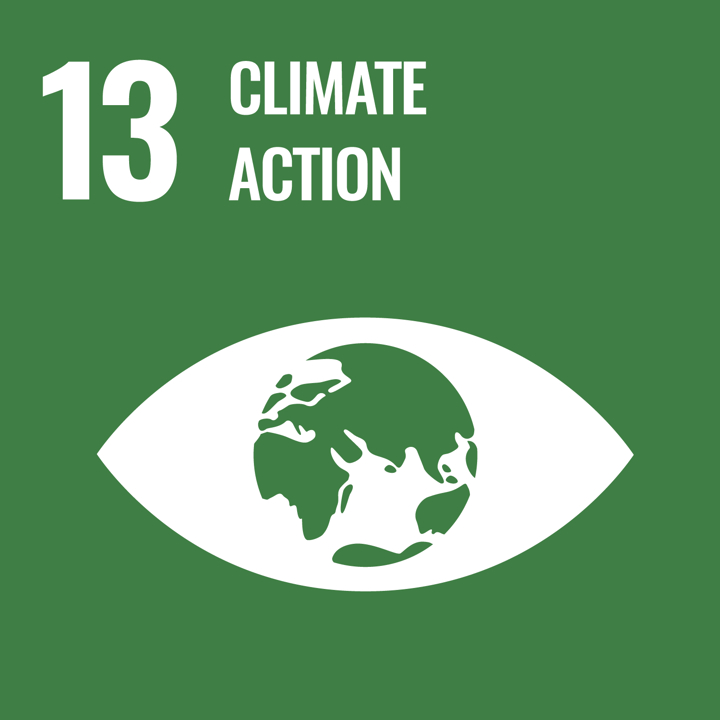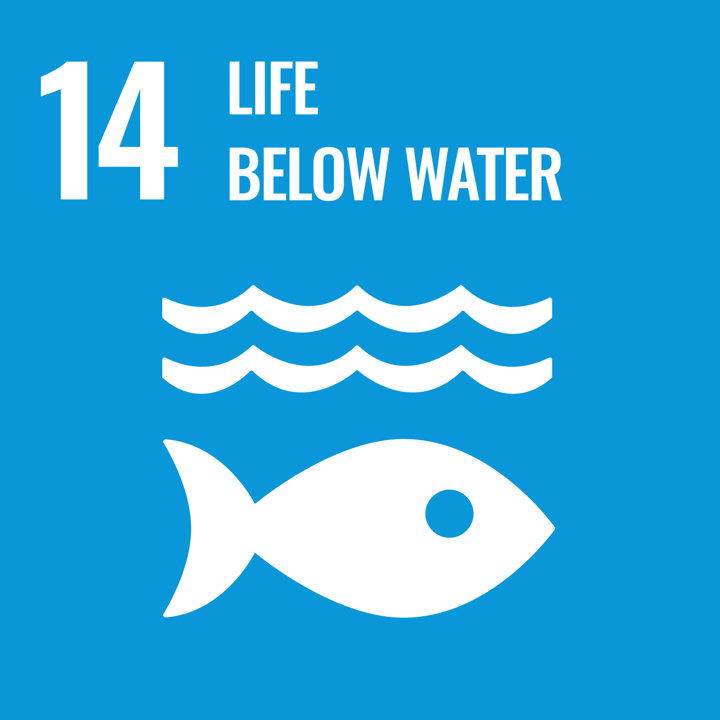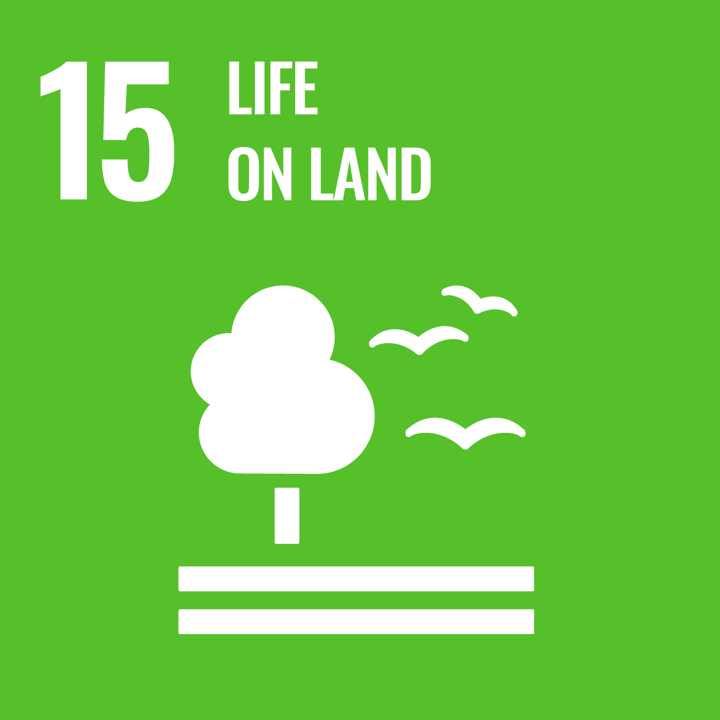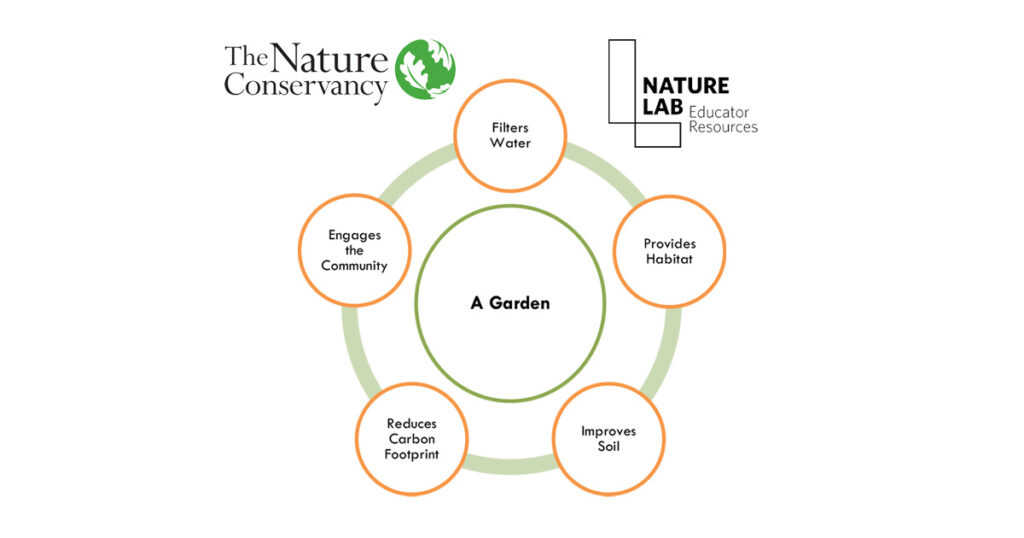
Intended End User: Leraar
Leeftijdsgroep: Hoger primair onderwijs; Lager secundair onderwijs
Schoolcurriculum: Maths; Science; Social, Physical & Health Education; Social & Environment Science
Thema's en onderwerpen: Behaviour & Lifestyle, Collective Action, Environmental Change, Food and Agriculture, Citizenship, Pedagogy Approaches
Duur: 20 hours total but with shorter options.
Type bron: Assessment, Guidelines & Notes, Audio/Video, Lesson Plans, Presentation
Trefwoorden: School Garden, Habitat, Soil, Food, Carbon Footprint, Community Garden, Bio-Diversity, Scientific Approach, Place-Based Learning
Talen: Engels
Beschrijving
The purpose of this activity guide is to teach students the ecological functions found in any natural system and model how these functions are performed by a natural area like a garden.
Many elements are interconnected and function together to create the natural and productive living system that is your garden. This series of resources and lessons plans start with a general overview of the interconnected systems within a garden, with supporting video resources and activities.
Building on from this introduction, more details and practical lesson plans are provided focusing on key areas of habitat, soil quality, carbon footprint and community engagement. Each set of lessons adopts a scientific approach to exploring, engaging and evaluating achievements and learning outcomes.
Hoe gebruik je deze bron
This series of resources for teachers focuses around the school garden as a learning environment for students and community. Following an introductory series of classes into the interrelated living systems of a school garden, detailed action-orientated lesson plans with supporting resources guide the teacher and students through an exploration of aspects of the garden; soil, habitat, food and carbon footprint and community. Throughout the themed explorations, emphasis is put on gathering data, analysis, decision making, action taking and evaluation.
The resources start with an exploration of the garden systems, building a deeper understanding of the important interrelationships between each system towards a healthy and sustainable environment. The global perspectives and drivers inform the local examination and informed action.
Each set of lesson plans is built around clear learning objectives and pedagogic approaches to encourage curiosity and literacy in scientific and environmental terms. Each set of lesson plan learning objectives is structured under knowledge, comprehension, application, analysis, synthesis and evaluation headings for students to achieve.
Implementation of these resources would require an interdisciplinary approach and engagement with local community stakeholders.
The resources are a good example of how a school garden can be utilised to support student learning and engagement in SC. There is scope for teacher to reflect on their own practice and context to adapt and implement resources in their own schools.
Within each series of lessons plans there is space to evaluate the effectiveness of the school garden under each themed lens. There is also built in self-reflection and self-evaluation for students within lesson plans.
De middelen
Garden Lesson Plans: Living Systems (PDF):
Building on from this introduction, more details and practical lesson plans are provided focusing on key areas of:
Each set of lessons adopts a scientific approach to exploring, engaging and evaluating achievements and learning outcomes.
This resource has been developed by Nature Lab, The Nature Conservancy’s youth curriculum platform. It is shared on the Synapses Teacher Academy Portal with kind permission from Nature Conservancy.
Other Resources:
Additional resources are available on how to build a garden and additional lesson plans in this series by following this link:
For additional educational resources from Nature Lab, click the link below:
To find out more about the great work done by Nature Conservancy, follow the links:
Leerresultaten
- Eliciteren van voorkennis en verder ontwikkelen van kennis en begrip van de belangrijkste concepten van Duurzaam Burgerschap, waarbij gevestigde wereldbeelden en waarden in twijfel worden getrokken.
- Apply a range of suitable tools and frameworks to promote student Sustainability Citizenship.
- Reflecteren op de praktijk en nationale curricula onderzoeken om mogelijkheden te identificeren om Duurzaamheidsburgerschap op interdisciplinaire manieren te bevorderen en samen te werken met externe belanghebbenden.
- Samen de kennis, hulpmiddelen en kaders synthetiseren om onderwijsmateriaal en lesplannen te maken die zijn aangepast aan hun eigen lokale context.
- Beoordelingscriteria ontwikkelen en toepassen om Duurzaamheidsburgerschap bij studenten te evalueren.
Groene competenties
- Duurzame waarden belichamen: Valuing Sustainability; Promoting Nature
- Complexiteit omarmen in duurzaamheid: Systeemdenken; kritisch denken; probleemopstelling
- Duurzame toekomstvisies: Aanpassingsvermogen; Onderzoekend denken
- Handelen voor duurzaamheid: Collectieve actie; individueel initiatief
Creative Commons
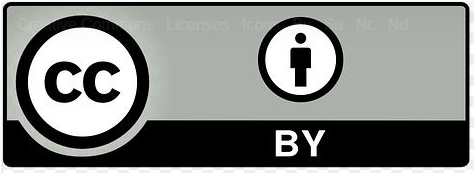
This resource has been developed by Nature Lab, The Nature Conservancy’s youth curriculum platform. It is shared on the Synapses Teacher Academy Portal with kind permission from Nature Conservancy.
SDG's
